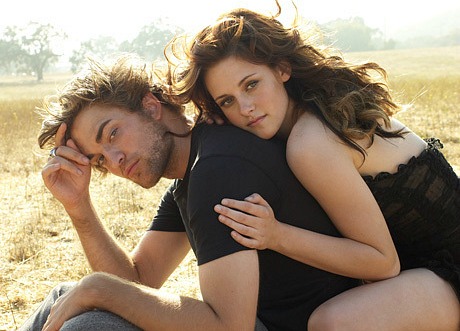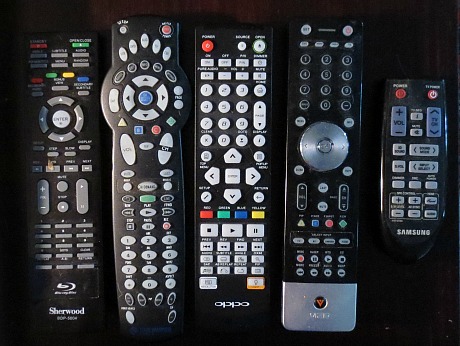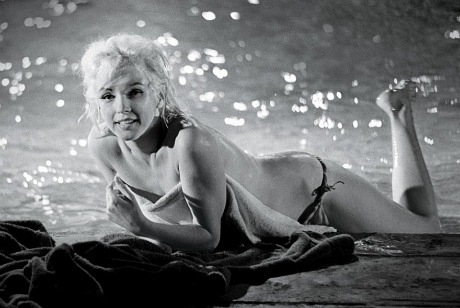How jazzy and spirit-lifting will the forthcoming 69th Venice Film Festival be? All we can do is spitball at this point, but you have to regard the word of regular Venice Film Festival-attending, emotionally invested critic-journos with a grain of salt. You’re probably better off listening to someone like myself, someone who’s never attended this festival and doesn’t give that much of a shit one way or the other. I’m strictly a Telluride-Toronto-New York kind of guy these days.
Honestly? The only thing that has made me snap to attention is the rumored/expected announcement that Paul Thomas Anderson‘s The Master will have its world debut on the Lido.
Otherwise it feels/looks/seems like a mid-level meh festival…to me anyway. If you want another opinion, ask Guy Lodge.
As expected, Terrence Malick‘s unrated, distributor-seeking To the Wonder, “about a couple in a crisis after returning from a pilgrimage to a holy site in Italy,” will play Venice. The drama, which or may not be laden with internal dialogue-whispers, misty dreamscapes and a tossed-salad structure, costars Ben Affleck, Olga Kurylenko, Rachel McAdams and Javier Bardem.
Brian De Palma‘s Passion, a remake of the middling Love Crime with Rachel McAdams and Noomi Rapace, will play the Lido. Unless the tectonic plates have shifted and the world has totally re-ordered itself, it will disappoint, or should I say it will meet the expectations of anyone who knows what the term “late DePalma” or “21st Century DePalma” means? The man peaked in the ’70s and ’80s, hung on to some degree in the ’90s, and is now all but over.
Also Venice-bound:
Ramin Bahrani‘s At Any Price, starring Dennis Quaid and Zac Efron, will play in compettion.
Robert Redford‘s The Company You Keep (aging ’60s radical chased around by dogged pain-in-the-ass journalist pursuing him) will screen out of compettion. As will Jonathan Demme‘s Enzo Avitabile Music Life, a doc, and Spike Lee’s Bad 25, about the 25th anni of Michael Jackson‘s Bad album (i.e., “your butt is mine”).
Harmony Korine‘s Spring Breakers, which stars James Franco as a rapper named ‘Alien’ preying on a couple of teenaged girls…forget it.
Olivier Assayas‘ Something in the Air.
Susanne Bier‘s All You Need is Love.
Marco Bellocchio‘s Dormant Beauty.
Daniele Cipri‘s E stato il figlio.
Takeshi Kitano‘s Outrage: Beyond…sure thing!
Kim Ki-duk‘s Pieta.
The Venice Film Festival will open with Mira Nair‘s The Reluctant Fundamentalist, but the phrase “starring Kate Hudson” instantly takes it down a few pegs. Hudson cannot be redeemed…ever.
Amos Gitai‘s Carmel…never dismiss Gitai!
A doc by Jury president Michael Mann called Witness: Libya.





